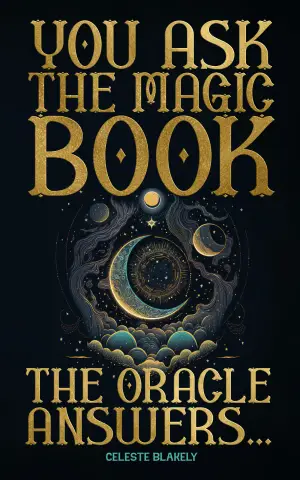As a passionate reader and writer, I was drawn to The Well-Spoken Thesaurus in my quest to enhance my vocabulary and elevate my writing skills. The promise of expanding my communication abilities through a structured collection of over 200 carefully categorized words caught my attention. With categories ranging from "positive emotions" to "descriptive terms," I was eager to see how this thesaurus could help me avoid clichés and introduce more engaging language into my writing.
Upon diving in, I found the organization of the book to be one of its standout features. Each entry provides not only synonyms but also definitions, antonyms, and usage examples. This comprehensive approach helps illuminate the subtleties of language—a point others have noted as a significant advantage. For instance, Shinelle Bovell highlighted that this thesaurus is not just a book of synonyms; it’s a guide to practical and quality writing that is beneficial for anyone looking to express themselves better.
One particularly beneficial aspect of The Well-Spoken Thesaurus is its ability to make a stronger impression through word choice. By opting for precise and striking alternatives, writers can truly elevate their work and communicate their personality effectively. In my experience, I found myself frequently reaching for this book when I struggled to find the right word in my writing. This not only enhanced my ability to convey emotions and ideas more vividly but also boosted my confidence in casual and formal writing alike.
However, not everything was perfect. While most entries are well-constructed, I encountered instances where the recommended synonyms seemed more cumbersome than the originals. One user mentioned this drawback as well, pointing out that some recommendations felt overly verbose. Additionally, there were a few suggestions that felt out of place for everyday language, making me question their practicality.
Furthermore, while the thesaurus’s comprehensive coverage is excellent, there were occasional overlaps with less impactful terms, which could distract or confuse readers. For example, while I appreciated the numerous synonyms provided, I sometimes found myself stuck on a lower-impact option when I was expecting something more dynamic.
Despite these drawbacks, The Well-Spoken Thesaurus has proved to be an instructive tool that fulfills its intended purpose effectively. I found that it helps those looking to not only express their thoughts but to articulate them with a sophistication that might otherwise be lacking. Multiple readers praised its ease of use, which I wholeheartedly agree with. The layout is inviting, and it’s easy to flip through the categories, especially when in need of a quick enhancement to my writing.
In conclusion, my experience with The Well-Spoken Thesaurus has been largely positive. If you’re a writer, educator, or anyone who frequently communicates and wants to improve your vocabulary, this book is a worthy addition to your toolkit. While it does have its flaws, the benefits far outweigh them in my opinion. I would recommend it to anyone eager to explore ordinary words used in extraordinary ways, as it certainly has opened up new linguistic avenues for me.








